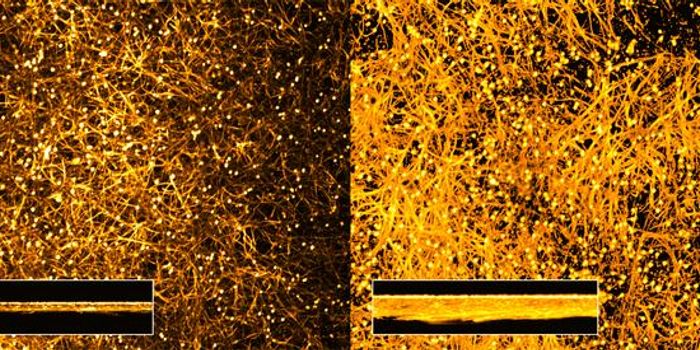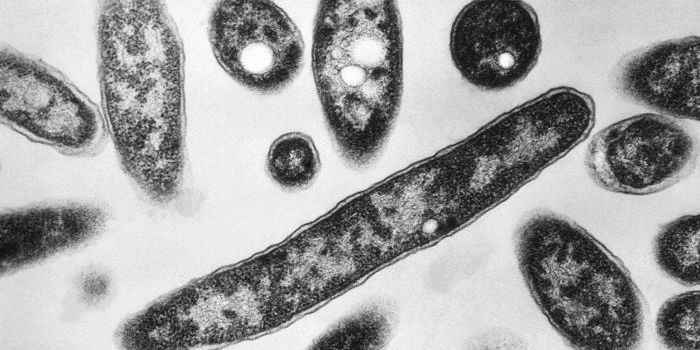Some Gut Bacteria Produce Toxic Chemicals That Can Damage the Brain
Gut bacteria perform some essential functions. For example, they help us digest certain foods and absorb nutrients. The community of microorganisms in the gastrointestinal tract, the gut microbiome, is important to our health. All those microbes carry genomes of their own, and produce molecules or metabolites that can have an impact on human biology. Scientists have now found that some of those molecules could be causing neurodegeneration. Three toxic metabolites that were produced by bacteria were identified in samples of plasma and cerebrospinal fluid that were volunteered by patients with multiple sclerosis (MS). This work, which was reported in Brain, may help scientists learn more about multiple sclerosis, a complex disease that is still not well understood.
Previous studies have suggested that dysbiosis or imbalances in the gut microbiome are related to the pathology of neurological disorders, including MS. This research confirmed that certain types of gut bacteria are more or less prevalent in MS patients compared to healthy people. It has also shown how those microbes may exert their effect.
“Our findings suggest that MS patients’ gut bacteria produce and release large amounts p-cresol-sulfate, indoxyl-sulfate and N-phenylacetylglutamine into the bloodstream, and they eventually reach the cerebrospinal fluid,” said study co-author Hye-Jin Park, a research associate with the Neuroscience Initiative at the Advanced Science Research Center at the Graduate Center, CUNY. “Once there, these toxic metabolites bathe the brain and spinal cord, and potentially play a role in the destruction of the myelin sheath that protect nerves.”
Myelin is critical to health. Not only does it shield nerves, it insulates electrical activity in neurons, and helps signals travel faster through the nervous system. Myelin loss has been linked to cognitive decline and other neurological dysfunction.
Patients provided samples of blood and cerebrospinal fluid before and after receiving treatment with dimethyl fumarate (DMF), a treatment that is used to treat MS, and can dramatically alter an MS patient microbiome. Lead study author Achilles Ntranos, an assistant professor of Neurology at the Icahn School of Medicine at Mount Sinai, noted that the level of toxic bacterial metabolites correlated with neurodegeneration biomarkers in these patients. After DMF treatment, the levels of the toxic metabolites decreased, further evidence that gut bacteria are involved in MS pathology.
This work may also help improve MS therapeutics.









